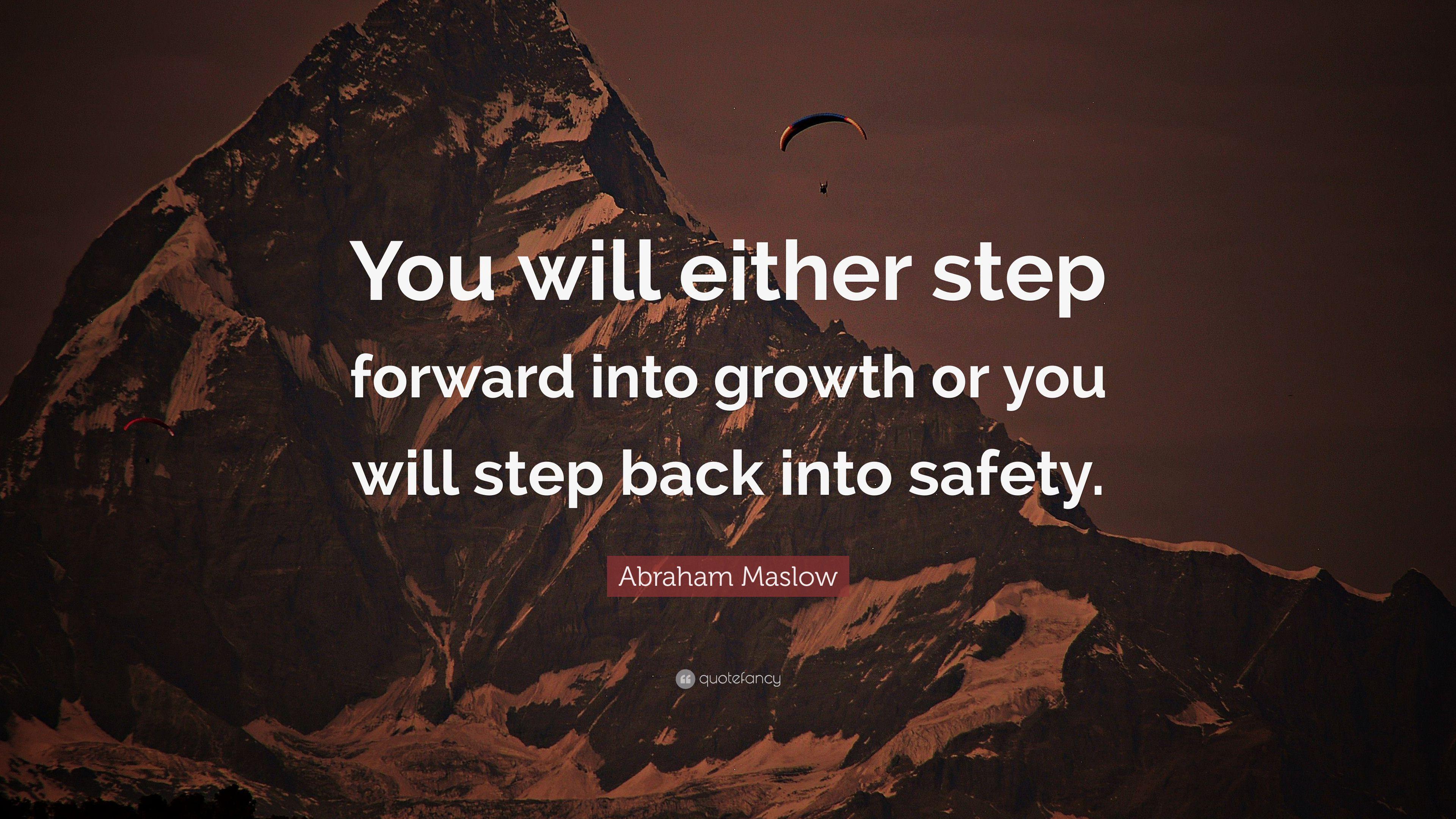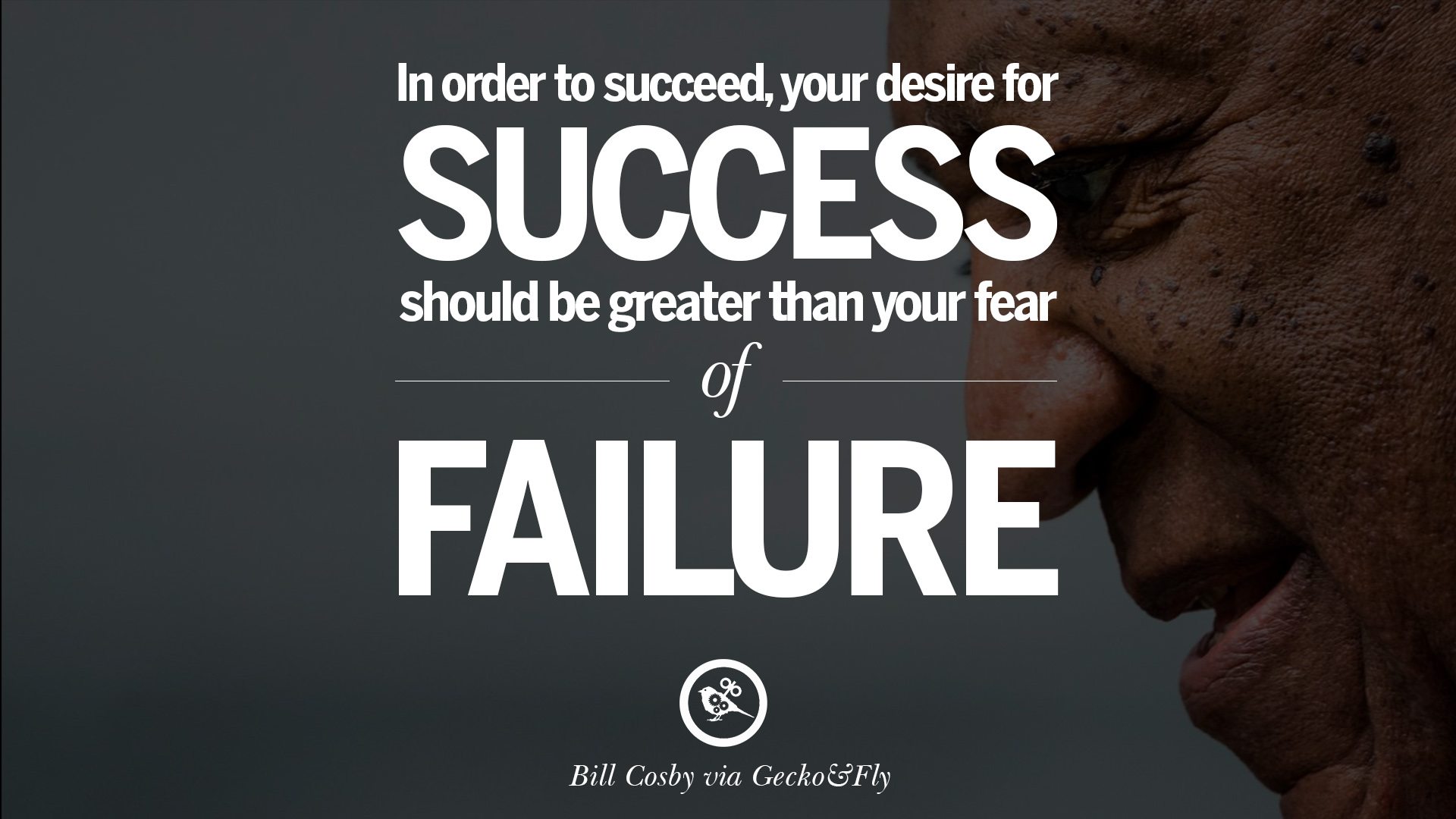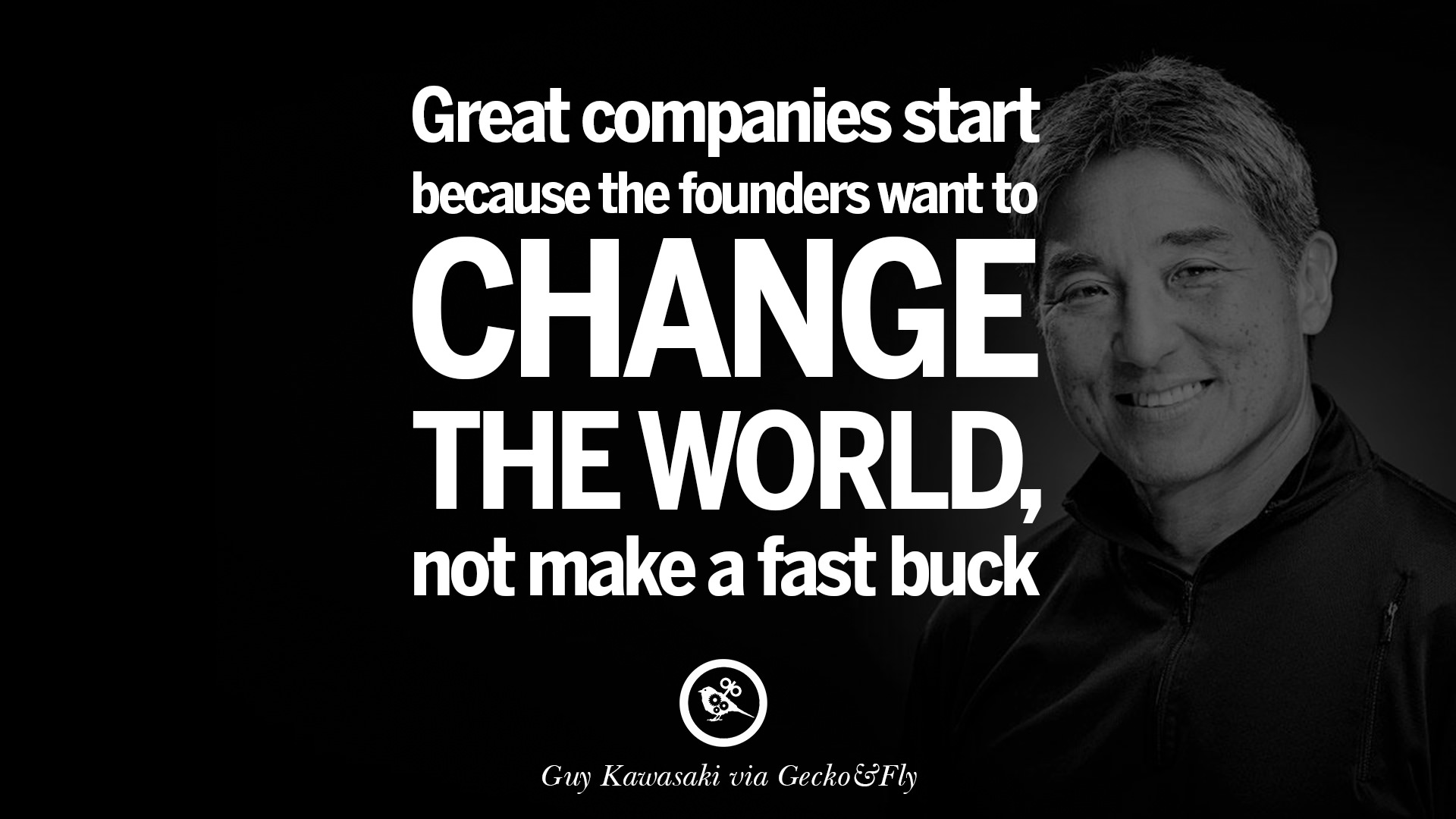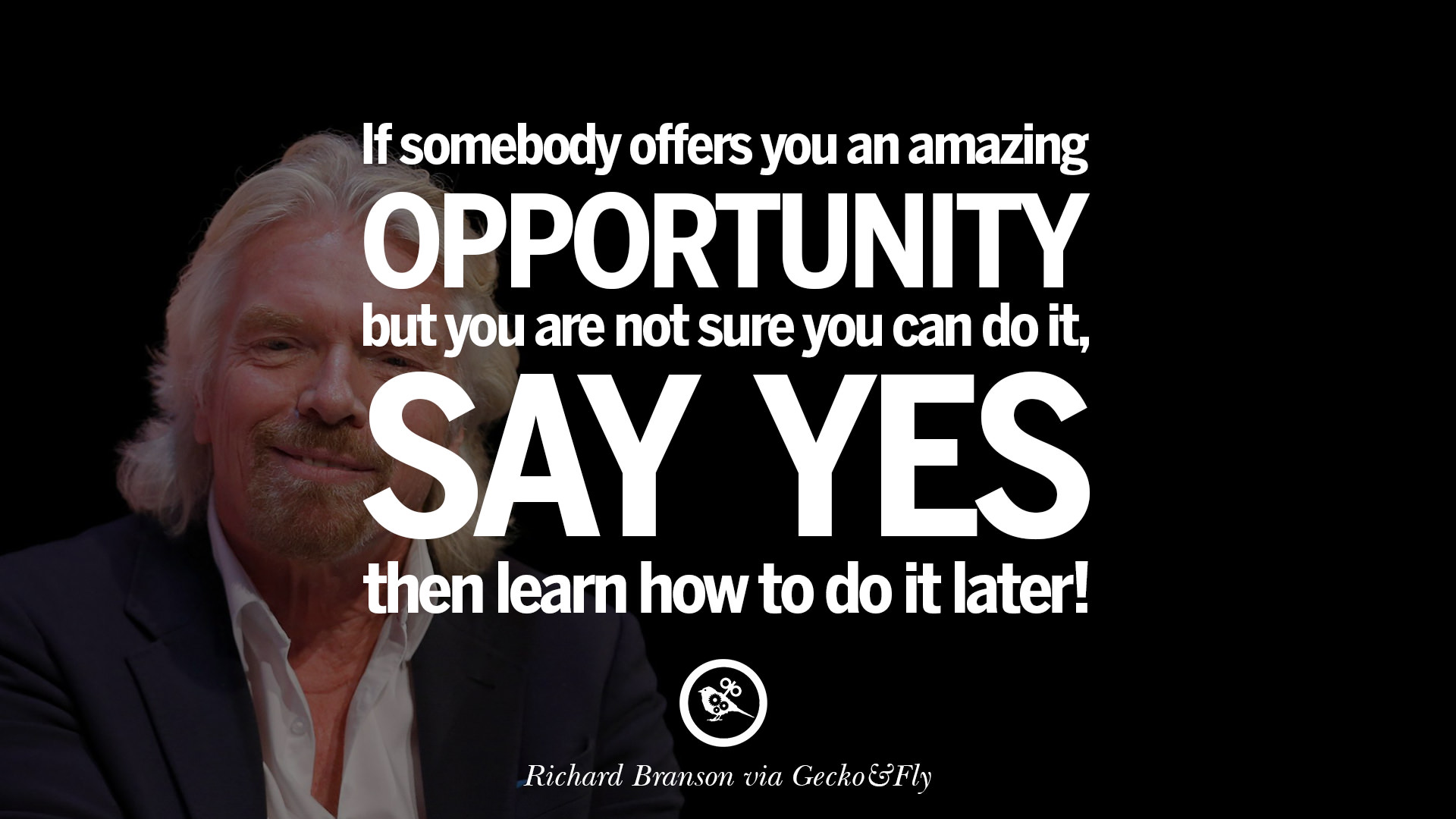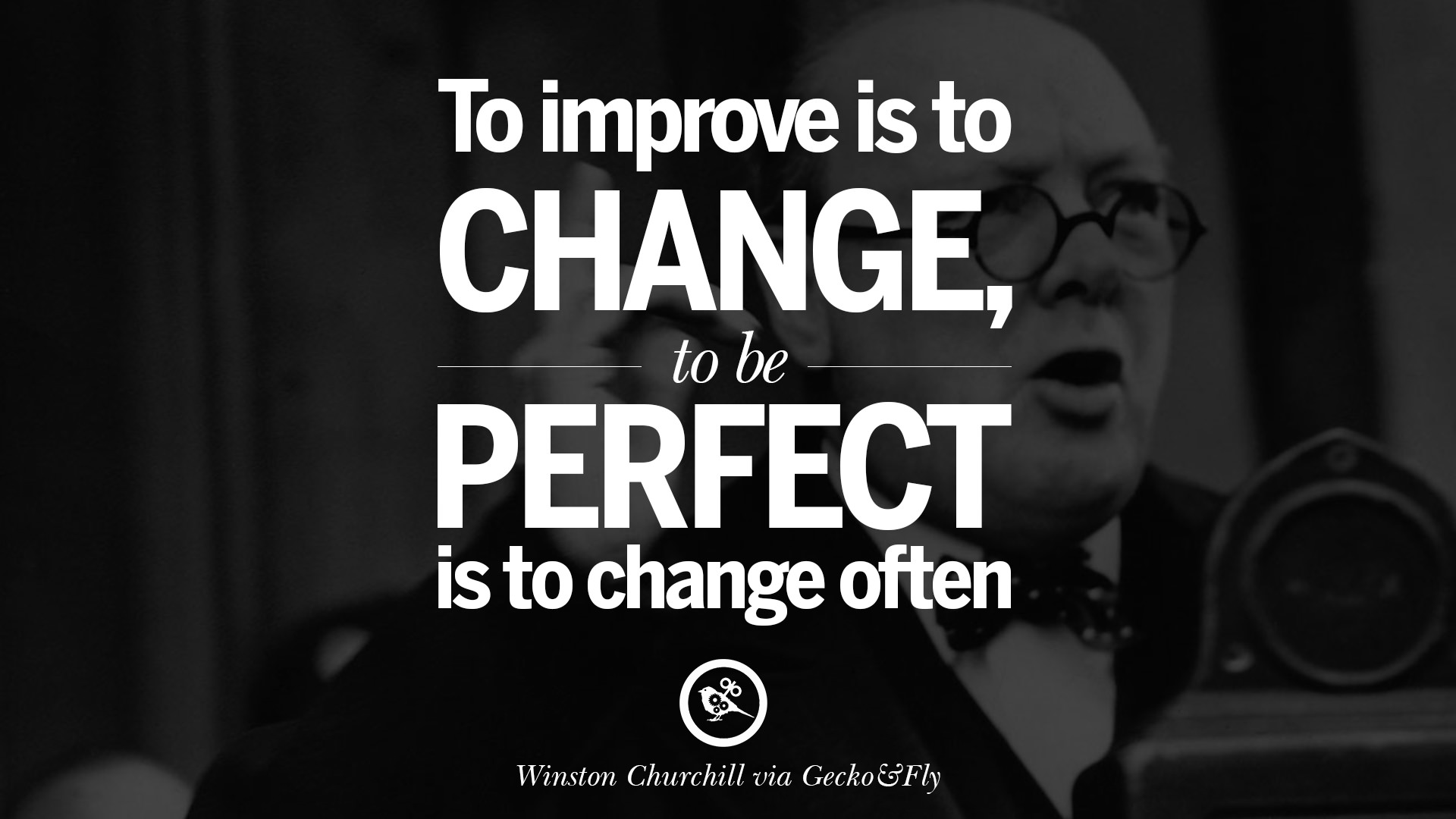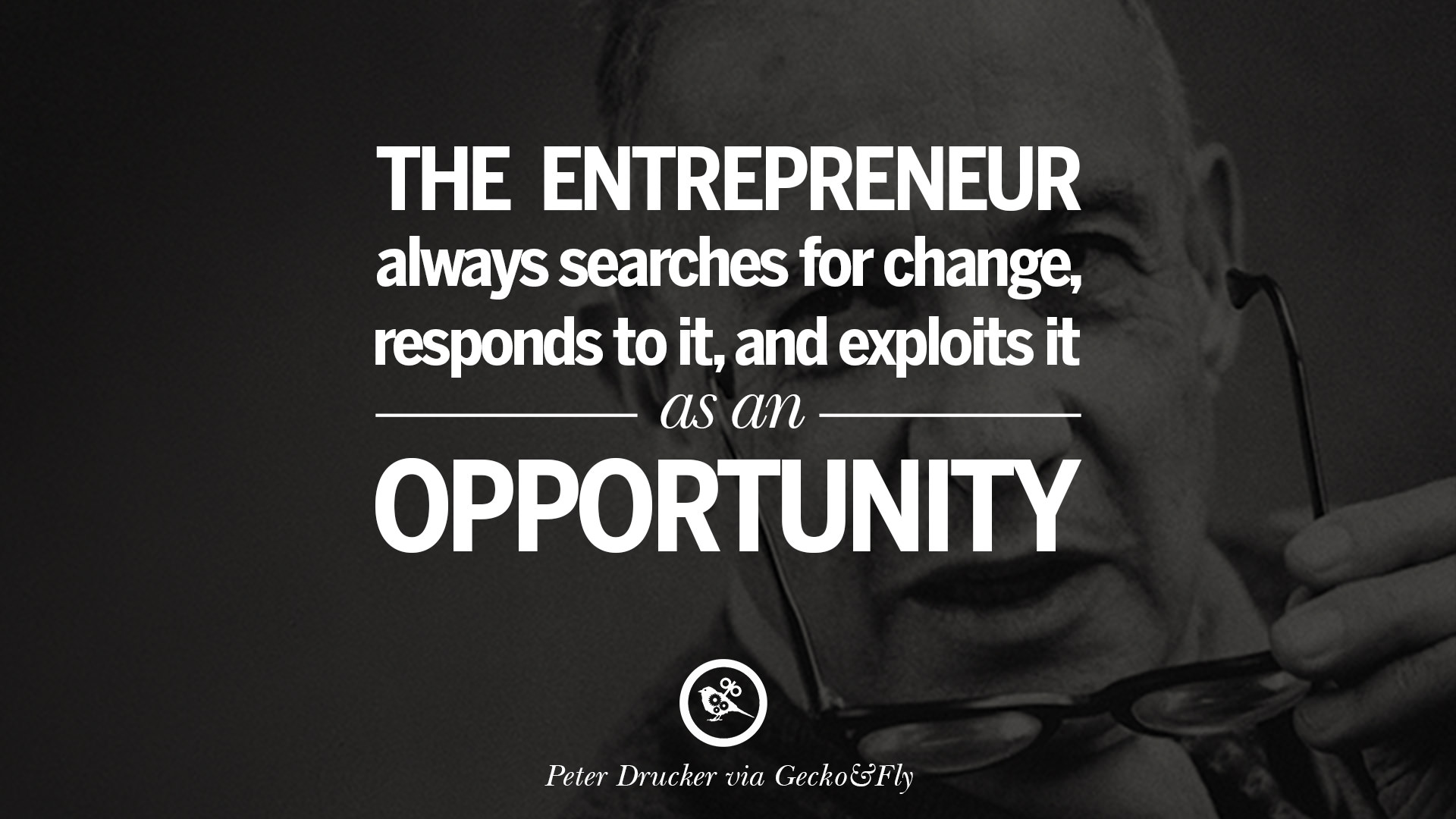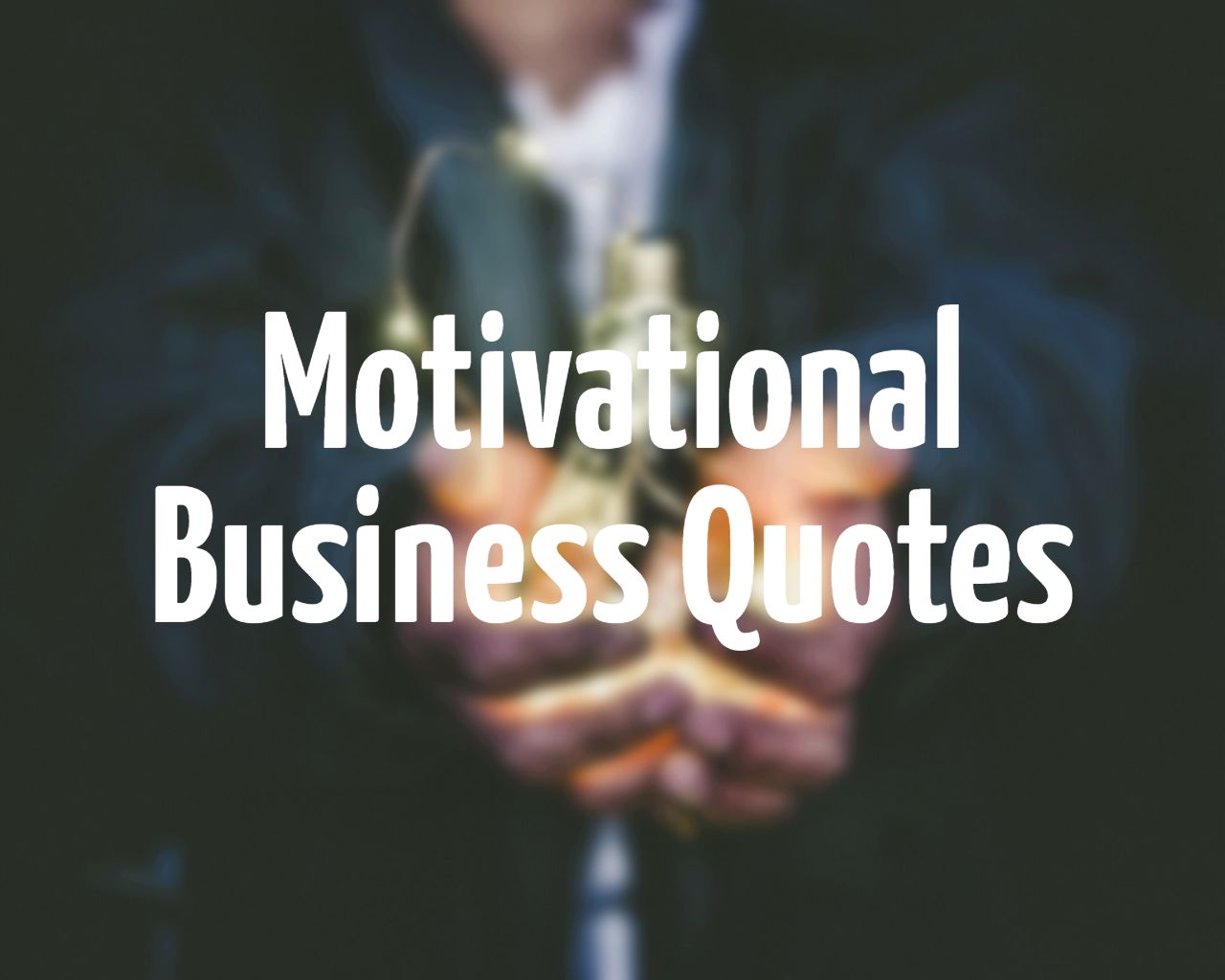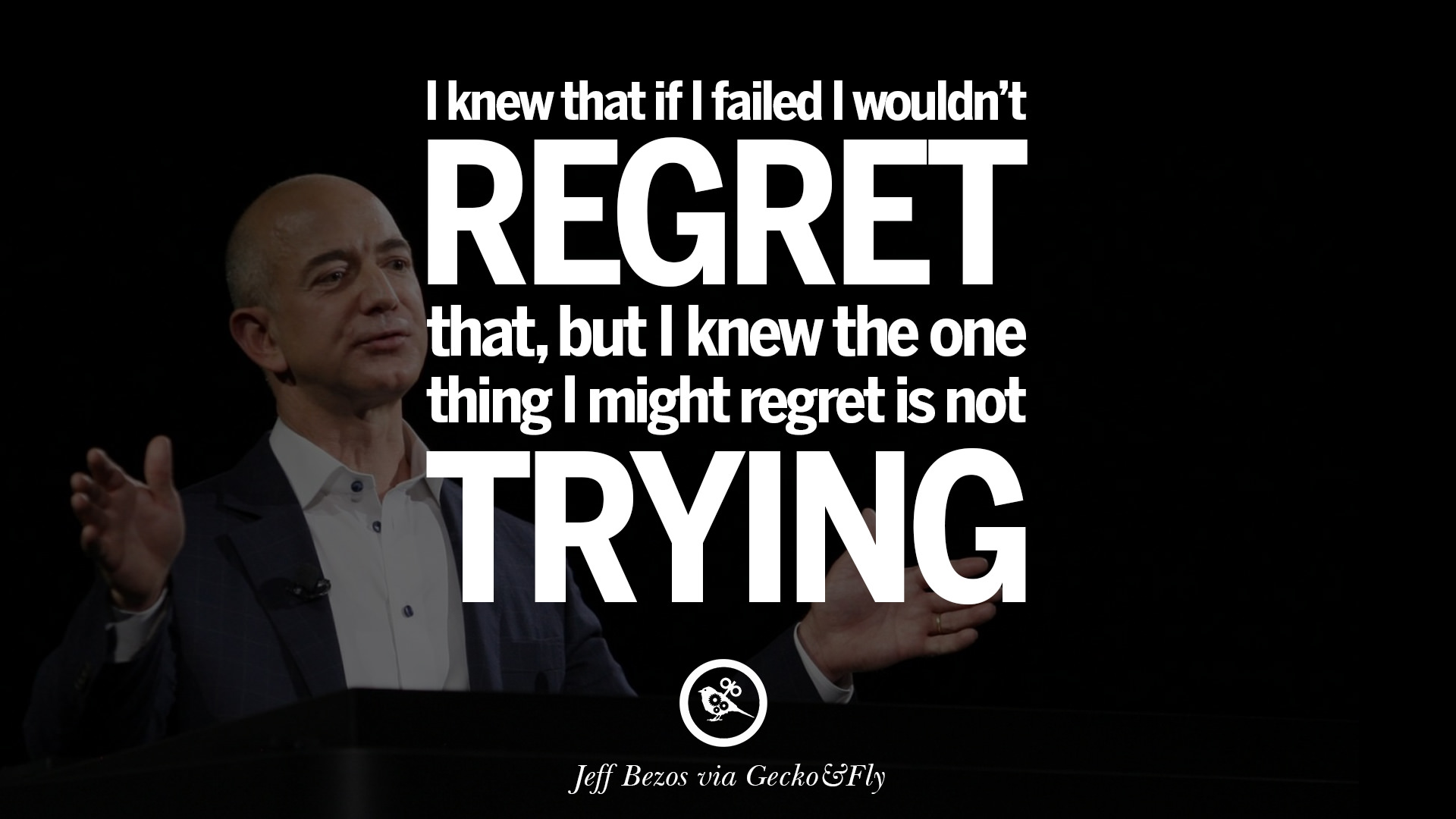Motivational Quotes About Business

The internet is awash with them: pithy sayings and inspirational snippets designed to ignite ambition and drive within the business world. From Fortune 500 CEOs to solopreneurs grinding away in their garages, motivational quotes about business are a constant source of fuel, shared across social media platforms and pinned on office walls. But are these snippets of wisdom genuinely effective, or are they simply empty calories for the mind?
This article delves into the pervasive world of business motivational quotes, examining their influence on individuals and organizations. We will analyze why they resonate, how they are utilized, and explore both the potential benefits and the potential pitfalls associated with their consumption and dissemination.
The Appeal of Brevity and Inspiration
Motivational quotes are inherently appealing due to their concise nature. In a world saturated with information, a short, impactful statement offers a moment of clarity and focus. Their accessibility, often freely available online, further contributes to their widespread adoption.
Many quotes tap into universal desires for success, achievement, and resilience. They often emphasize the importance of hard work, perseverance, and a positive mindset, appealing to the core values associated with entrepreneurial spirit.
Key Themes and Authors
Several recurring themes emerge within popular business motivational quotes. Ideas around embracing failure as a learning opportunity are common. Quotes from notable figures such as Steve Jobs, Elon Musk, and Oprah Winfrey are consistently shared and referenced.
The importance of innovation, calculated risk-taking, and building strong teams are also frequently highlighted. Quotes like "The only way to do great work is to love what you do" (attributed to Steve Jobs) underscore the significance of passion and dedication.
How Businesses Utilize Motivational Quotes
Businesses often incorporate motivational quotes into their internal communications and company culture. They may be featured in newsletters, displayed on office posters, or used as icebreakers during meetings. The goal is to foster a positive and productive work environment.
Social media marketing is another common avenue for quote dissemination. Companies use inspirational messages to connect with their target audience and project a positive brand image. Quote graphics are easily shareable and visually appealing, increasing engagement.
Employee training programs sometimes utilize motivational quotes to reinforce key learning objectives. They can serve as reminders of important principles and encourage participants to apply new skills with confidence.
Potential Pitfalls and Criticisms
Despite their potential benefits, reliance on motivational quotes is not without its drawbacks. Some critics argue that they can be superficial and lack substance. Without practical application and a deeper understanding of underlying principles, a quote may remain just words.
Over-reliance on generic quotes can also lead to a lack of originality and critical thinking. Employees may become passive recipients of information, rather than actively engaging in problem-solving and creative innovation.
Furthermore, some quotes can be unrealistic or even harmful. Statements that promote relentless hustle culture without emphasizing work-life balance can lead to burnout and decreased well-being. It is important to critically evaluate the message and context of each quote.
The Importance of Context and Application
Ultimately, the effectiveness of motivational quotes depends on how they are used. They are most impactful when combined with concrete actions and a genuine commitment to improvement.
Rather than simply reciting quotes, individuals and organizations should strive to understand the underlying principles and apply them to their specific circumstances. Reflection, analysis, and thoughtful implementation are key to unlocking the true potential of these snippets of wisdom.
As Simon Sinek famously said,
"People don't buy what you do; they buy why you do it."This highlights the importance of purpose and authenticity, values that should guide the application of any motivational message.
